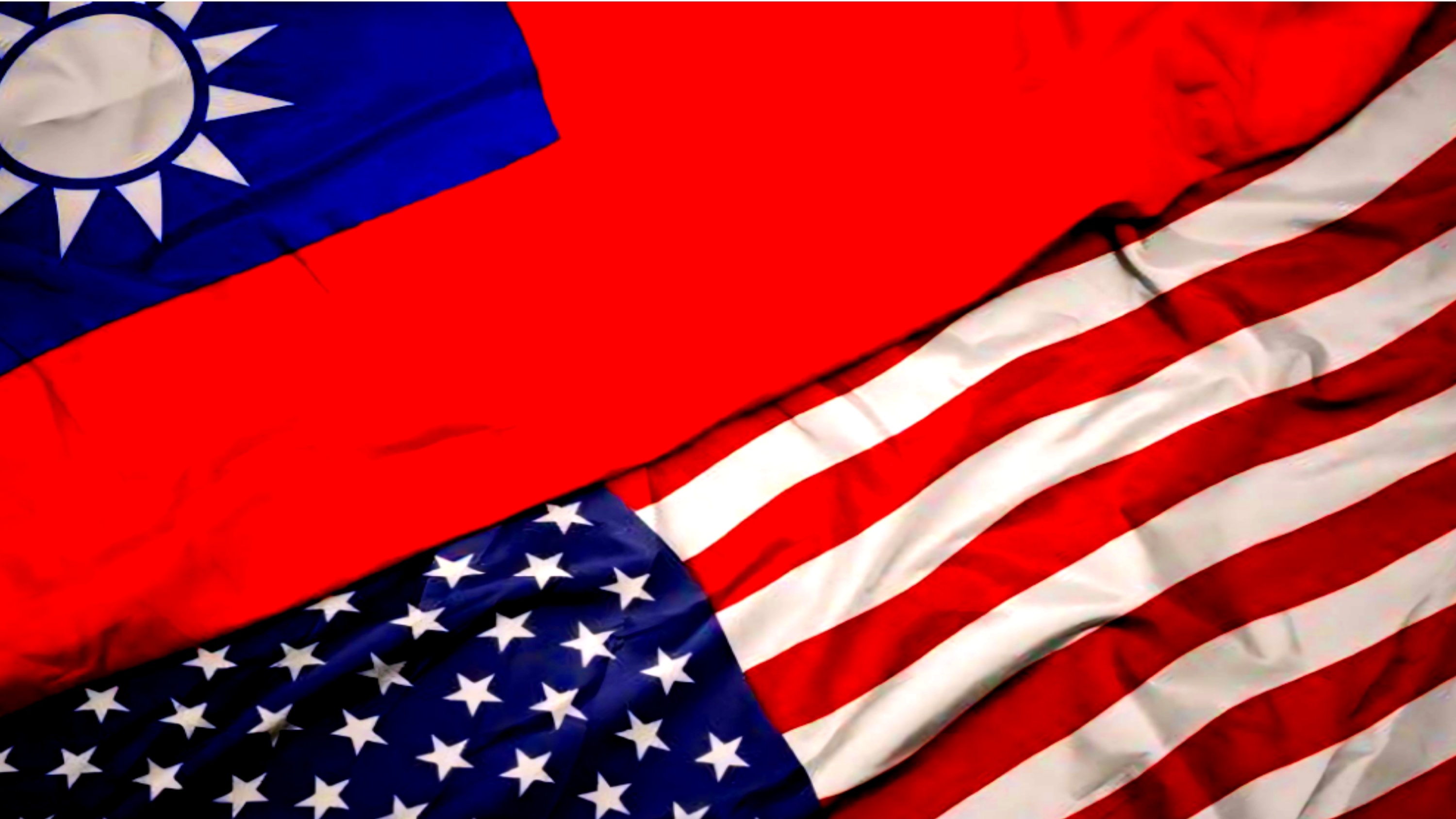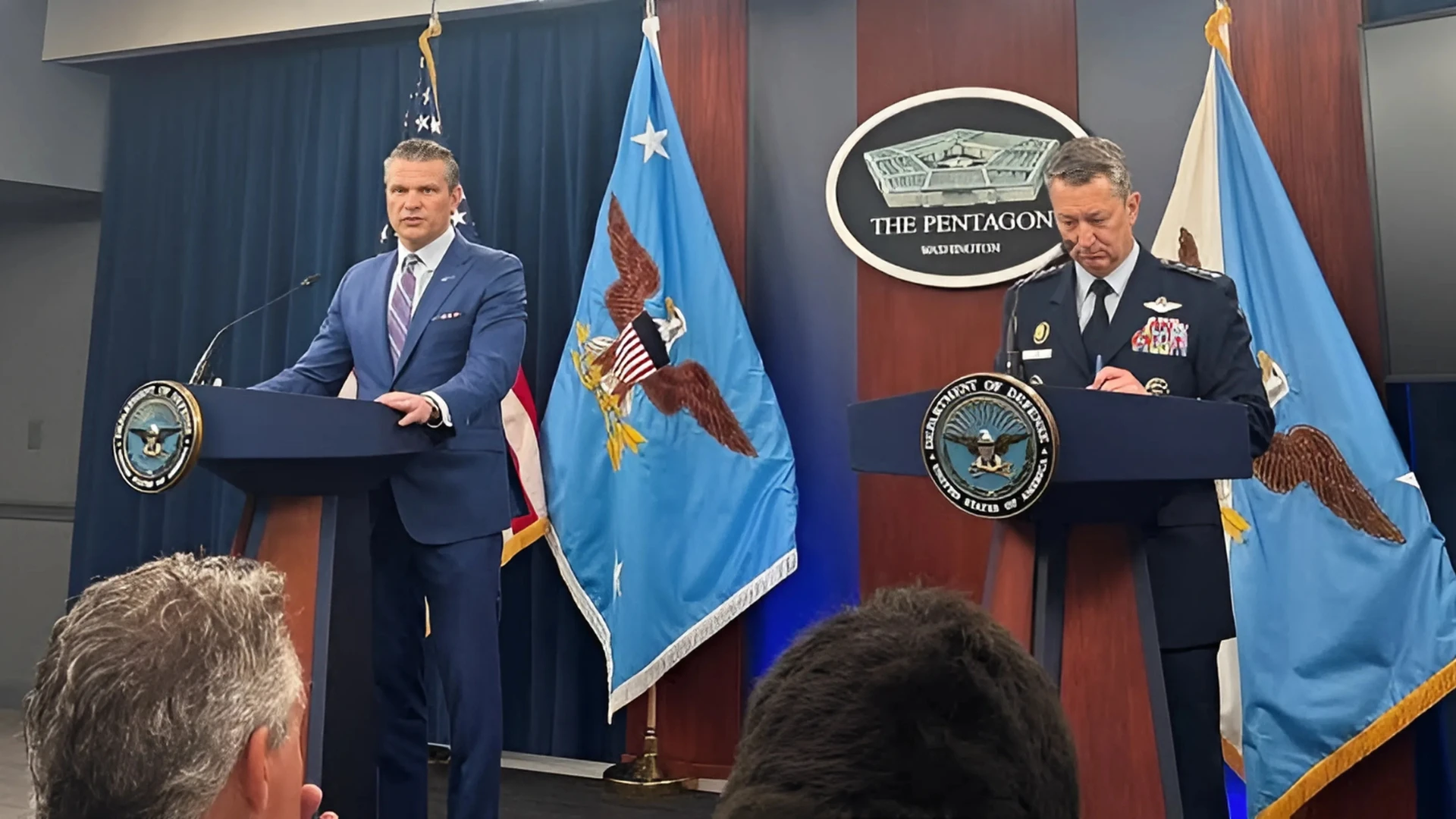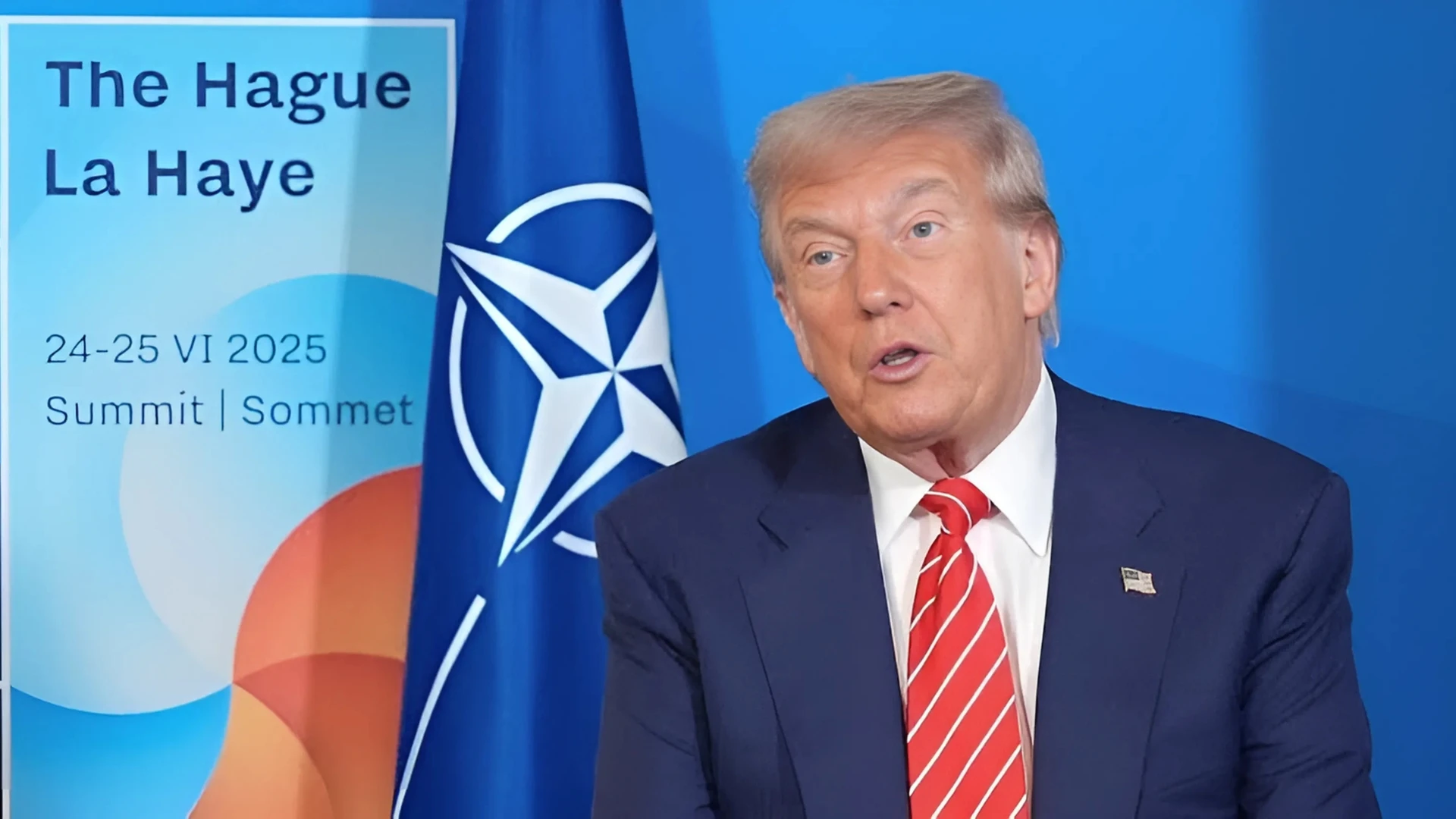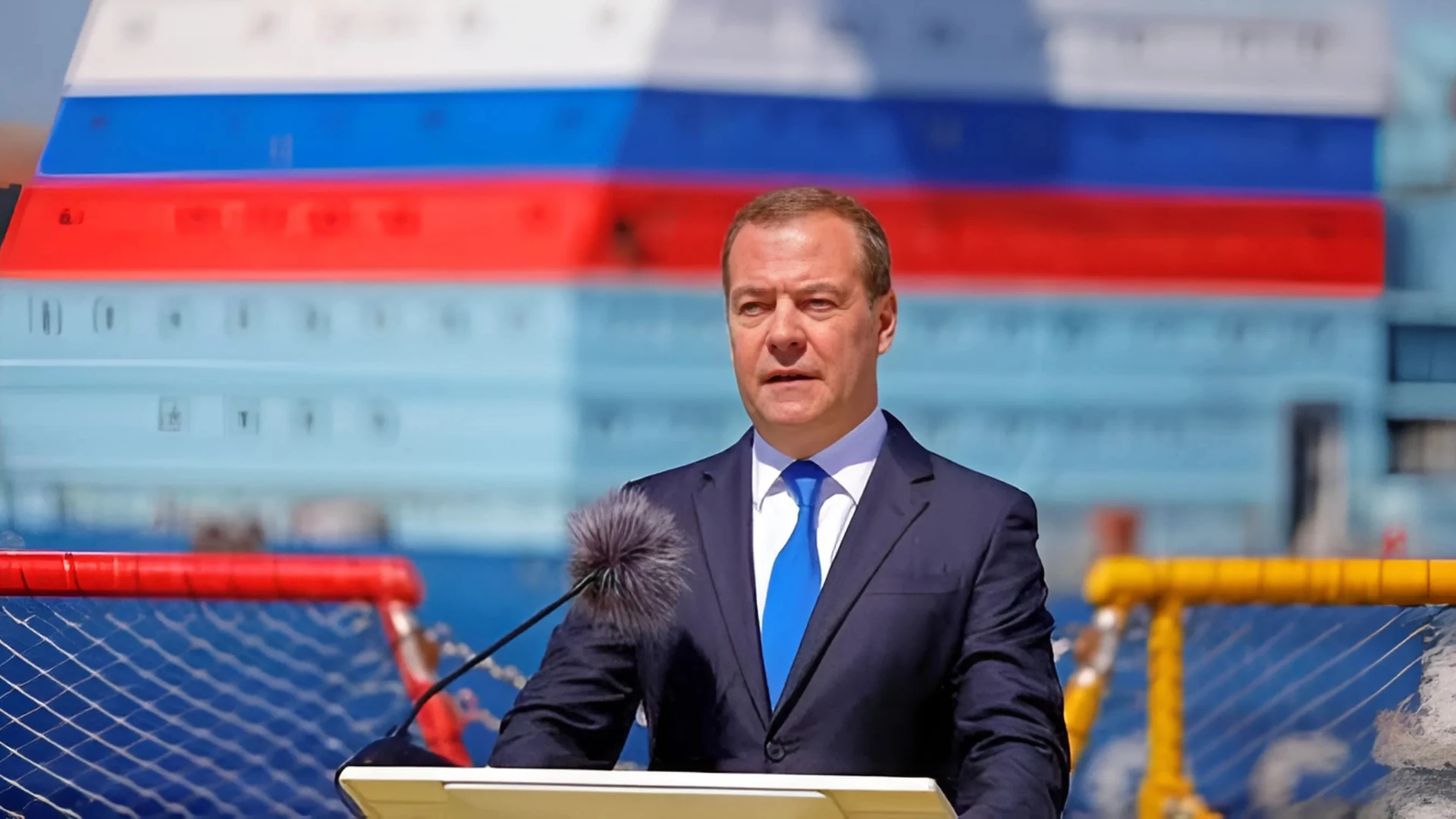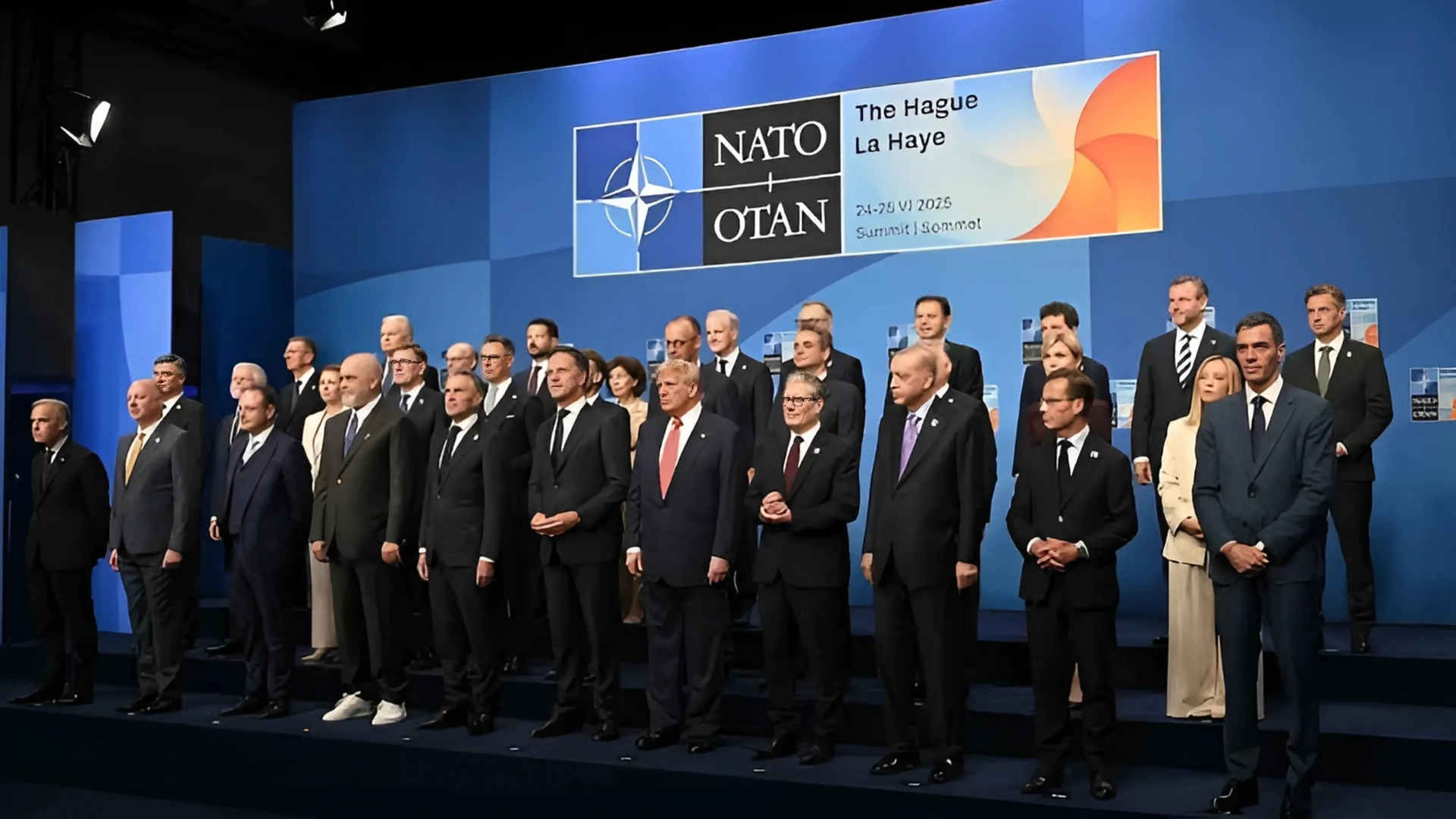Washington: The U.S. Department of State has revised the wording on its website regarding Taiwan, notably removing the statement that the United States "does not support Taiwan independence." The updated fact sheet emphasizes Washington’s opposition to any unilateral changes to the status quo from either China or Taiwan.
The modifications, which were first reported by Taiwan's Central News Agency, also highlight new aspects of U.S.-Taiwan cooperation. The page now references Taiwan's participation in a Pentagon-led semiconductor development initiative and expresses U.S. support for Taiwan's membership in international organizations "where applicable."
Taiwan’s Foreign Minister, Lin Chia-lung, welcomed the changes, describing them as a positive reflection of the U.S. stance on bilateral relations. Taiwan's government has consistently asserted that only its people can determine the island's future, maintaining its identity as the Republic of China.
The language shift comes amid heightened military tensions in the region. On Sunday, Taiwan’s defense ministry reported the presence of 24 Chinese military aircraft and several warships conducting joint combat patrols near the island. Additionally, a Canadian warship, HMCS Ottawa, transited through the Taiwan Strait, following a similar passage by U.S. naval vessels last week.
The U.S. State Department have yet to comment on the updated policy while China has urged U.S to remove the statement, stating that, "U.S should correct the mistake on their website". Beijing, which considers Taiwan a core national interest, continues to condemn any moves by Washington that could be perceived as support for Taipei’s sovereignty.
The alteration in U.S. rhetoric echoes a similar change made in 2022, when a similar phrase was removed but later reinstated. Under President Donald Trump’s second term, Washington has maintained strong diplomatic and military support for Taiwan, despite his recent criticism of the island’s dominance in semiconductor production.
The developments are likely to further strain U.S.-China relations, as both powers continue to navigate rising tensions over the Taiwan Strait and broader regional security concerns.


